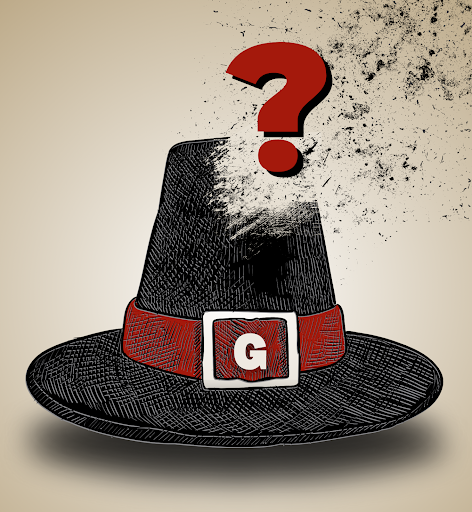“Real nerds were not born knowing everything about Batman,” said TheMarySue.com writer Susanna Polo at a convention panel.
This statement was a reaction to the circulating idea of an attention-seeking “fake geek girl.” Girls are constantly accused of not being knowledgeable enough about their nerdy interests and shamed out of enjoying things they truly like.
There is no such thing as a “fake” geek girl. Women — just like men — start enjoying things like comics and video games at different ages and to varying degrees.
“I don’t think that young girls should ever feel like something isn’t for them,” said psychologist Dr. Andrea Letamendi in an email interview. “One reason this is especially important is that comics is breaking into the mainstream, especially in TV and film production … It’s now more commonplace that people know the story of Batman, Iron Man, Thor, etc, so by continuing to neglect female fans becomes a larger issue of pushing them out of our larger cultural community.”
This attitude doesn’t come from every male in fandom, but it does come from a wide scope of people, and from many who have definite authority in the subculture.
Tony Harris, comic book artist for “Iron Man” and “Ex Machina,” posted on Facebook last year criticizing female cosplayers — slang for fans who dress up as their favorite characters — claiming they don’t know anything about comics.
“Hey quasi-pretty-not-hot girl, you are more pathetic than the real nerds who you secretly think are really pathetic,” said Harris in the post. “You don’t know s— about comics, beyond whatever Google image search you did to get ref on the most mainstream character with the most revealing costume.”
This attitude must stop.
Harris was the breaking point between annoyance and distress for many who deal with this on a near daily basis. To hear this from someone you admire, a creator of the products you love? It’s beyond hurtful.
“There is a female comic book market out there,” said Associate Professor of Mathematics Ben Marlin. “51 percent of the population is women. You have to figure out how to deal with them.”
The mistreatment of geek girls is not just verbal. Women everywhere in fandom experience harassment based on how they choose to express themselves.
“There have been numerous reports that young women were being sexually harassed and accosted at conventions,” said Joe Scott, owner of Geeksboro Coffeehouse Cinema, in an interview with The Guilfordian. “My friend was harassed at a con in Georgia and was greeted with complete indifference by con organizers. I’m inspired by heroes who would never accept that behavior.”
A lot of this harassment is focused on women who cosplay. They’re accused of wearing skimpy outfits to attract attention, despite the fact that these costumes are exact replicas of male-designed outfits.
“If you want to cosplay Chun Li (of Street Fighter) you don’t have much choice but to wear relatively skimpy clothing, and that comes from the game makers,” said senior Emily Eadie, commodore of the Guilford Yachting Club. “They need to be held accountable for their portrayal of women.”
A lot of time, money and effort goes into these contributions to fandom, yet female cosplayers get little respect from their male counterparts.
“A woman can spend 30 to 50 hours building a Wonder Woman costume, and a guy can roll up in an Avenger’s T-shirt he bought at WalMart,” said Scott. “He’s going to be instantly accepted whereas she has to work hard to gain approval from male attendees. It’s not fair.”
Eventually, these judgmental members of fandom will have to acknowledge the existence of diehard geek girls and their prevalence in nerd culture.
“Gaming is just another form of media,” said Eadie. “No one says that girls can’t go to movies, or read or listen to music, so why can’t girls get into gaming?”
Superman and Captain America wouldn’t accept this kind of behavior. Why should we?










